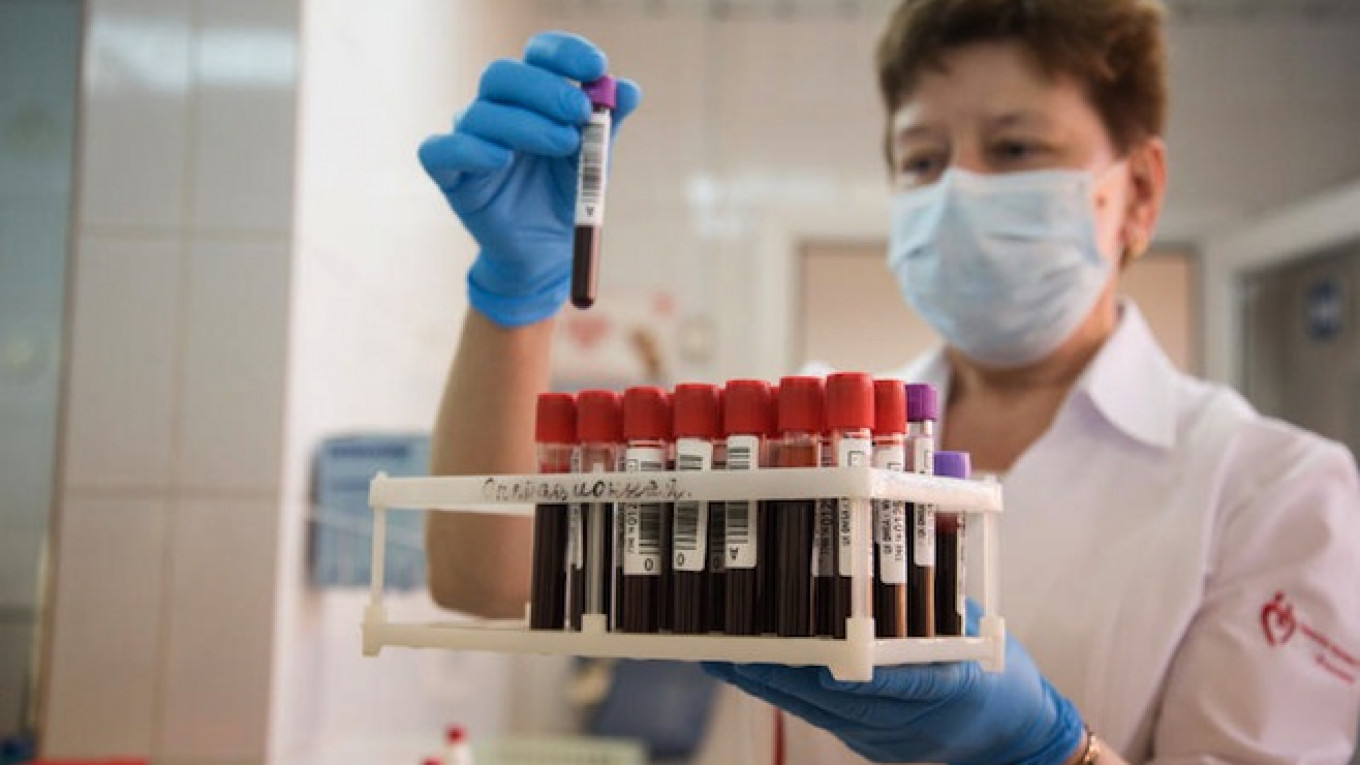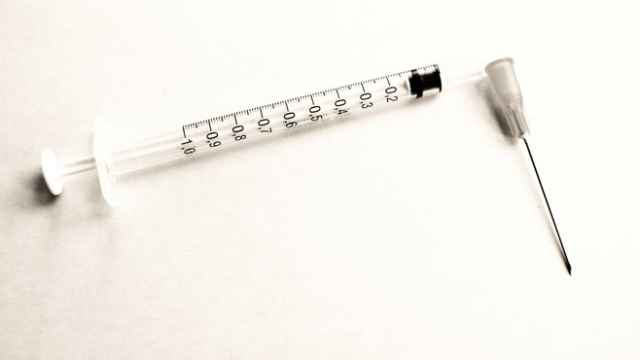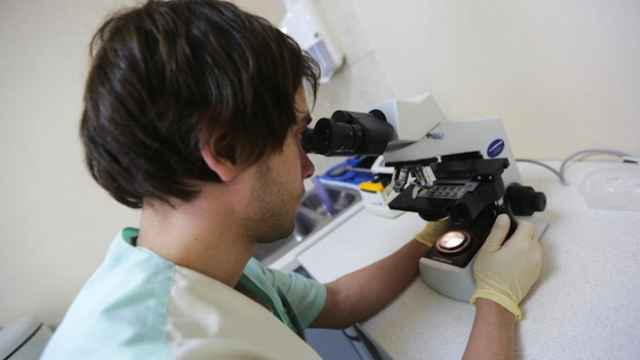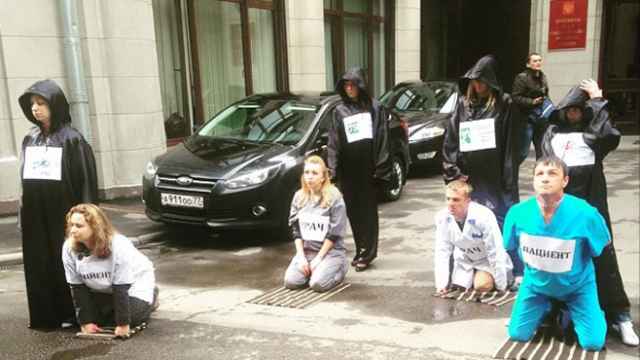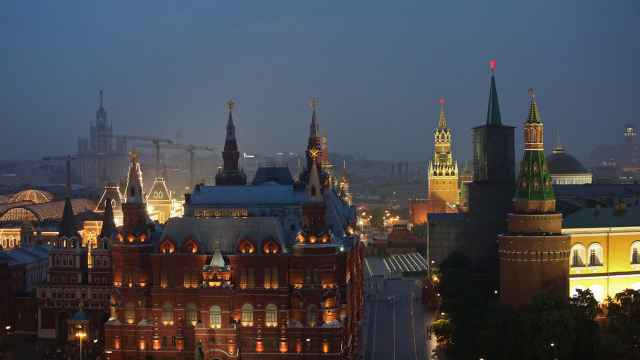LONDON — A growing use of casual sex apps in European countries where discrimination against homosexuality is rife, threatens to fuel a rising number of HIV cases in the region, health researchers have said.
Gay and bisexual men in countries with high levels of homophobia used to have fewer sexual partners than those in other countries but that is changing with new technologies like mobile phone apps, according to a study in the journal AIDS.
But at the same time gay and bisexual men in these countries are less likely to use HIV services because of fear of discrimination and violence upon disclosure of their sexuality.
As a result, they know little about HIV and are less likely to use condoms or be diagnosed with the virus, putting them at greater risk, the study said.
Study co-author Ford Hickson of the London School of Hygiene and Tropical Medicine said historically homophobia might have suppressed HIV infections by limiting gay men's contact with each other but technology was changing this.
"Our findings are surprising as it may appear it's effectively safer for men to stay in the closet in the most homophobic countries," Hickson said.
"But the closet … is also a place where men are kept ignorant, under resourced and poorly skilled when dealing with sex and HIV."
The study did not mention any countries by name.
But an index compiled by rights group ILGA-Europe named Azerbaijan, Russia and Armenia as the worst countries in Europe for lesbian, gay, bisexual, transgender and intersex (LGBTI) rights.
The index ranks countries for LGBTI equality based on legal benchmarks such as family and marriage, employment, education and healthcare.
Russia and Ukraine — another country near the bottom of ILGA's index — together account for more than 85 percent of HIV cases in Eastern Europe and central Asia, according to the Joint United Nations Program on HIV/AIDS (UNAIDS).
Hickson said securing human rights was not a panacea for preventing HIV, but it was a necessary condition for authorities and communities to work together to address HIV prevention, treatment and screening.
"Although equality does not guarantee HIV prevention, it's one of the necessary conditions to do so," he said.
The researchers analyzed the use of HIV services, the needs and behavior of 175,000 gay and bisexual men living in 38 European countries.
A Message from The Moscow Times:
Dear readers,
We are facing unprecedented challenges. Russia's Prosecutor General's Office has designated The Moscow Times as an "undesirable" organization, criminalizing our work and putting our staff at risk of prosecution. This follows our earlier unjust labeling as a "foreign agent."
These actions are direct attempts to silence independent journalism in Russia. The authorities claim our work "discredits the decisions of the Russian leadership." We see things differently: we strive to provide accurate, unbiased reporting on Russia.
We, the journalists of The Moscow Times, refuse to be silenced. But to continue our work, we need your help.
Your support, no matter how small, makes a world of difference. If you can, please support us monthly starting from just $2. It's quick to set up, and every contribution makes a significant impact.
By supporting The Moscow Times, you're defending open, independent journalism in the face of repression. Thank you for standing with us.
Remind me later.


